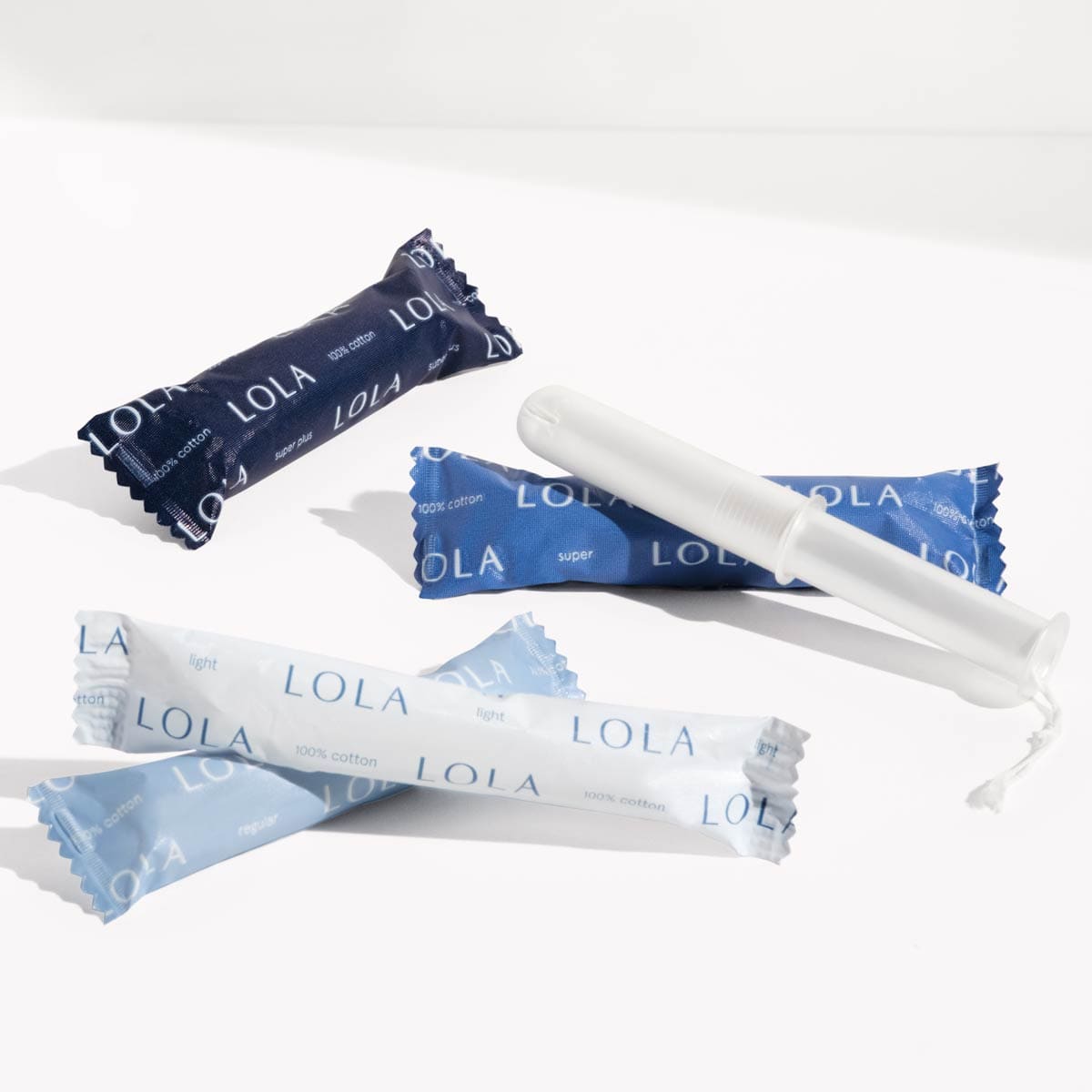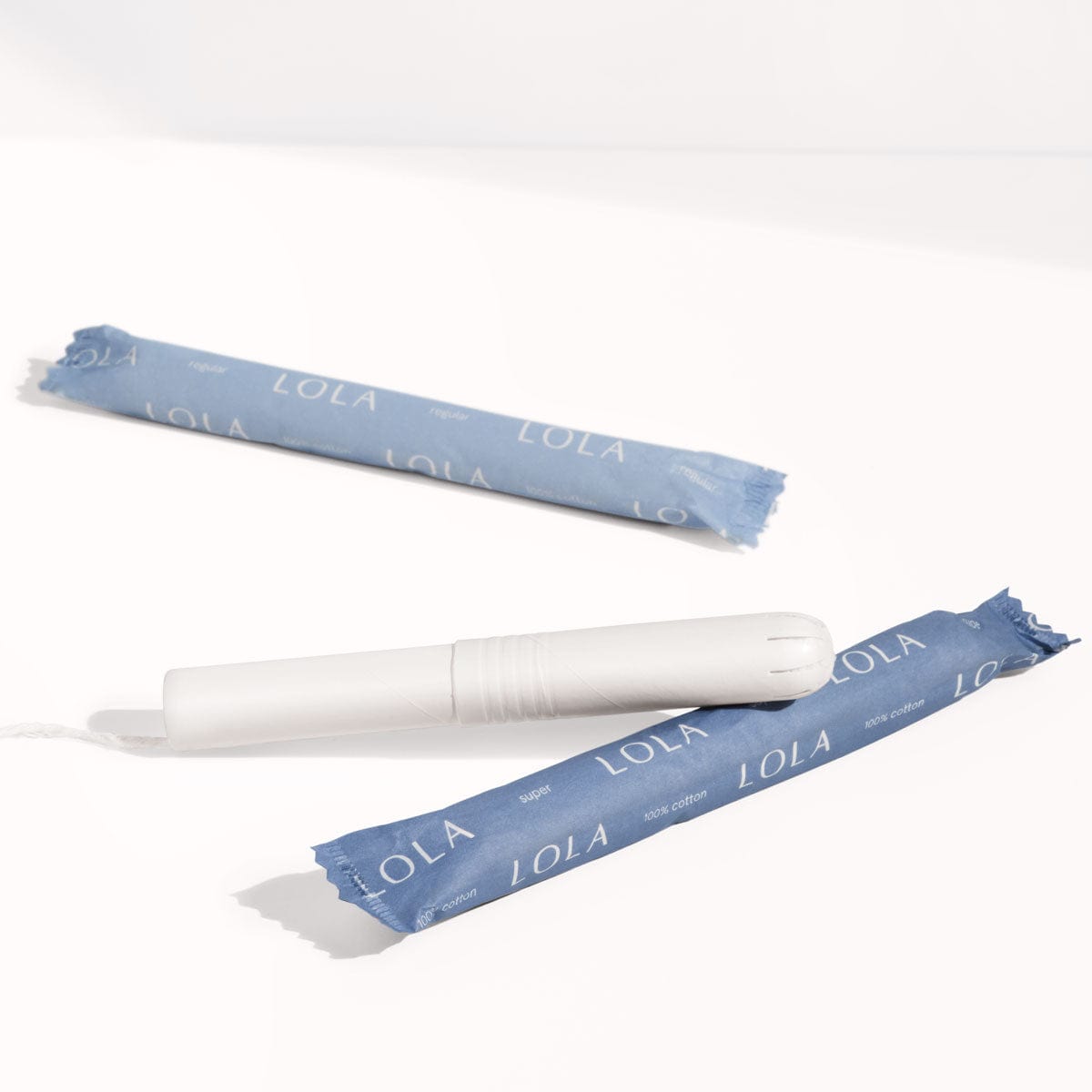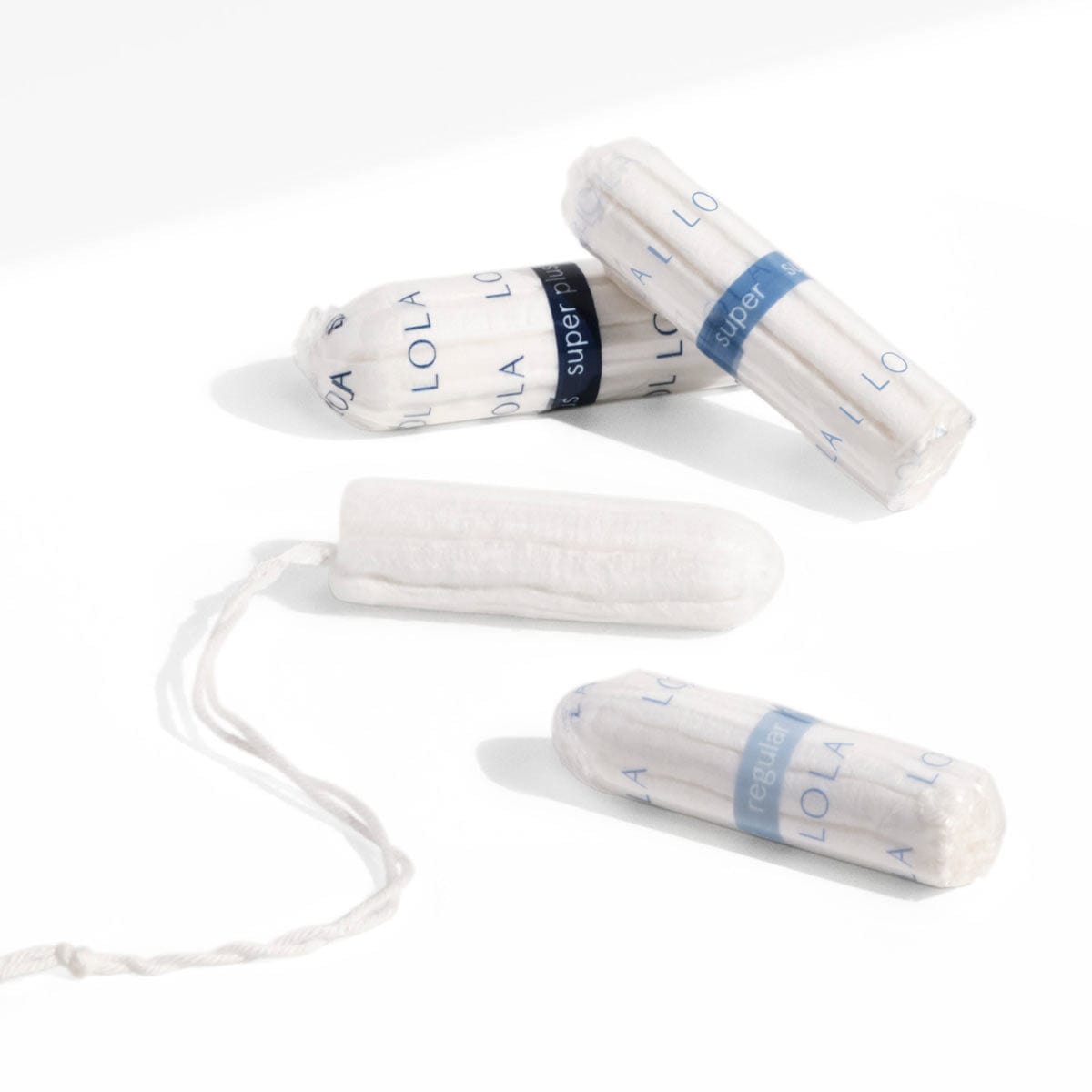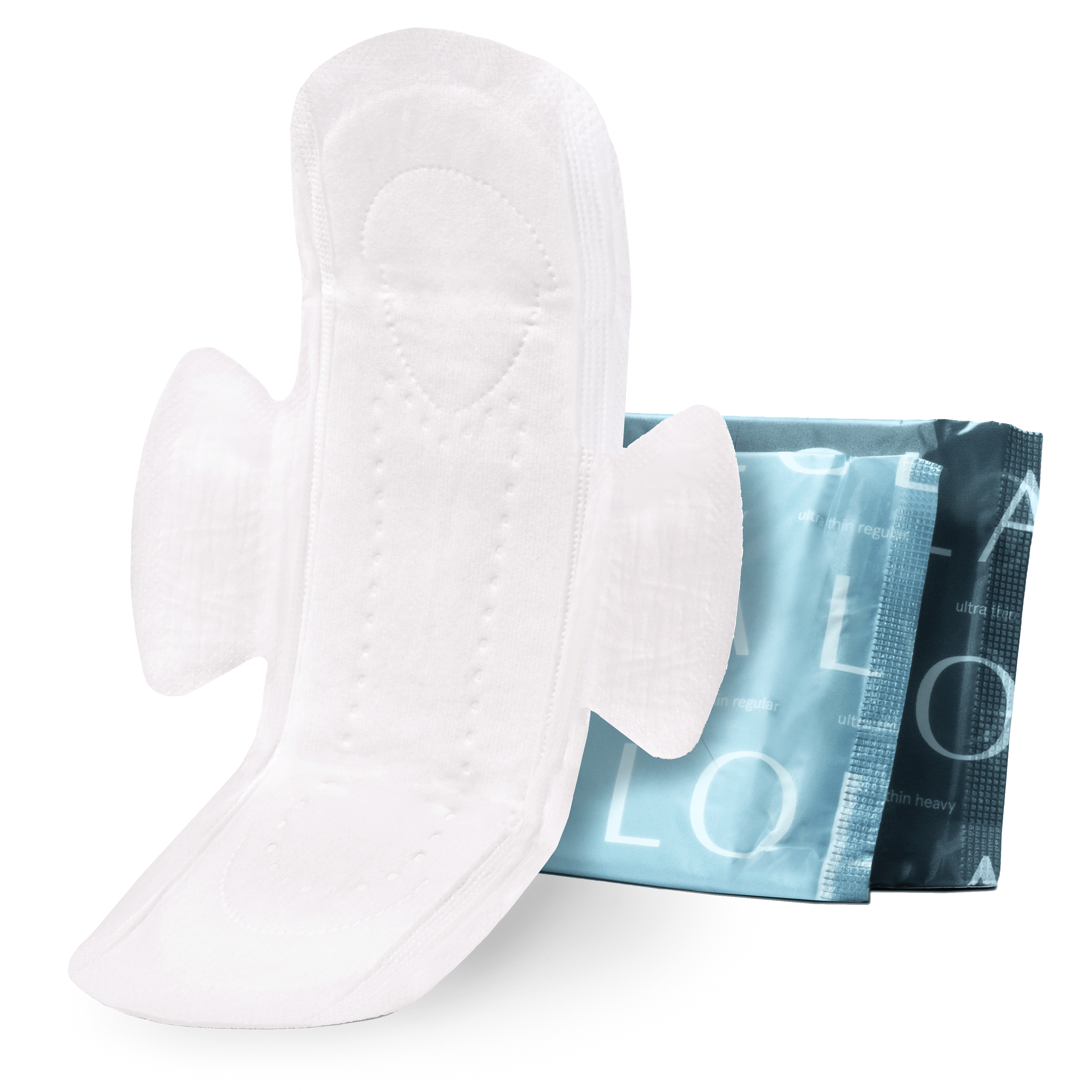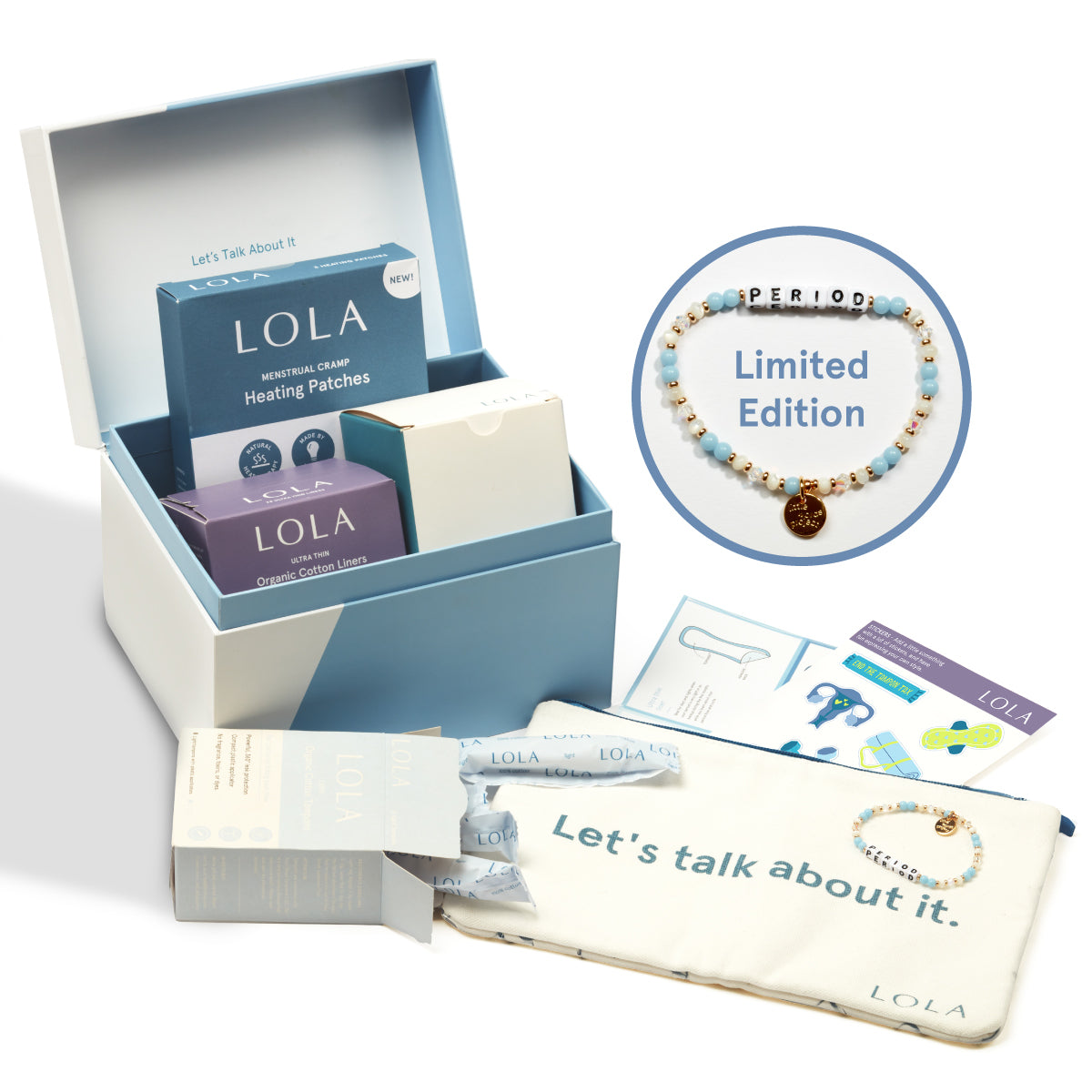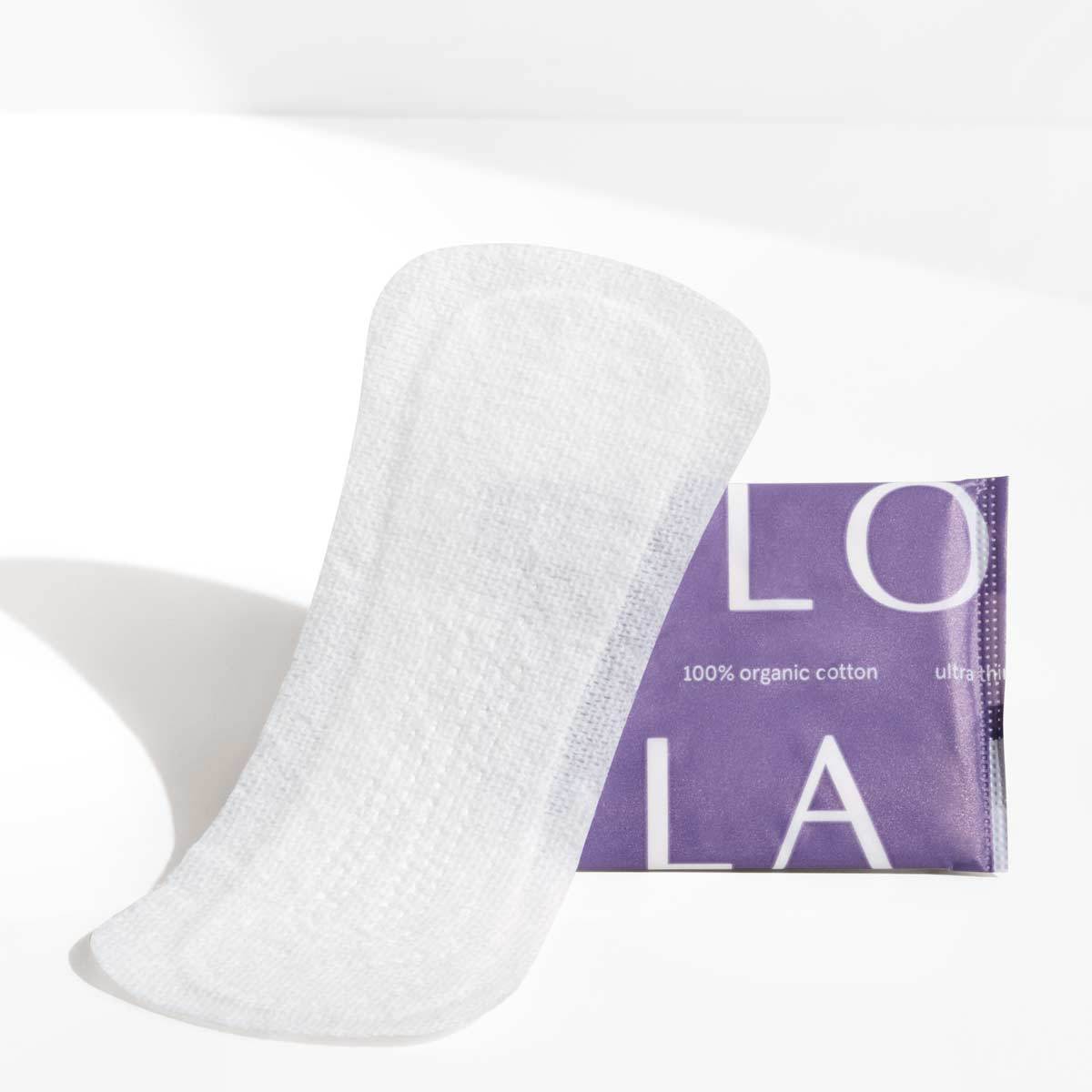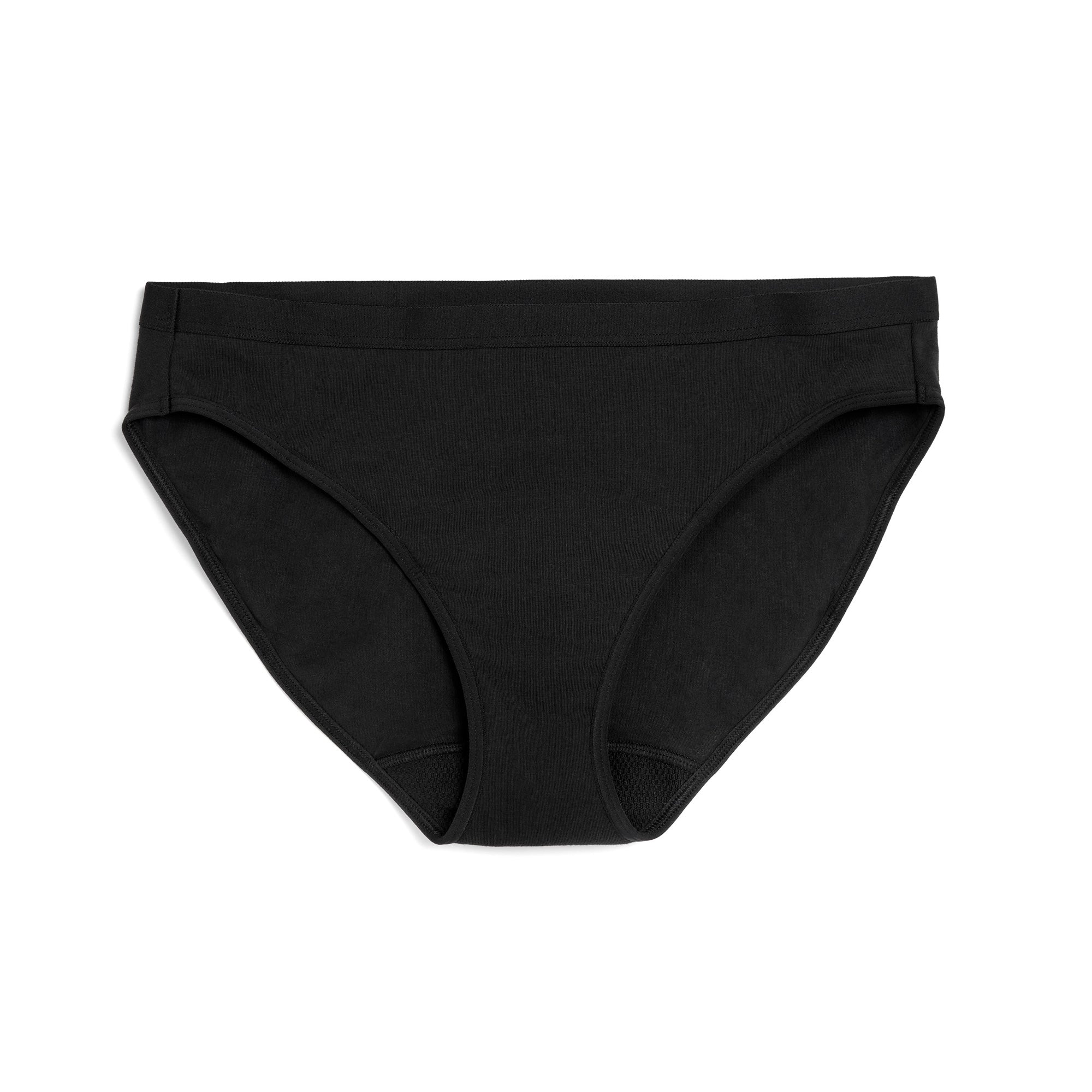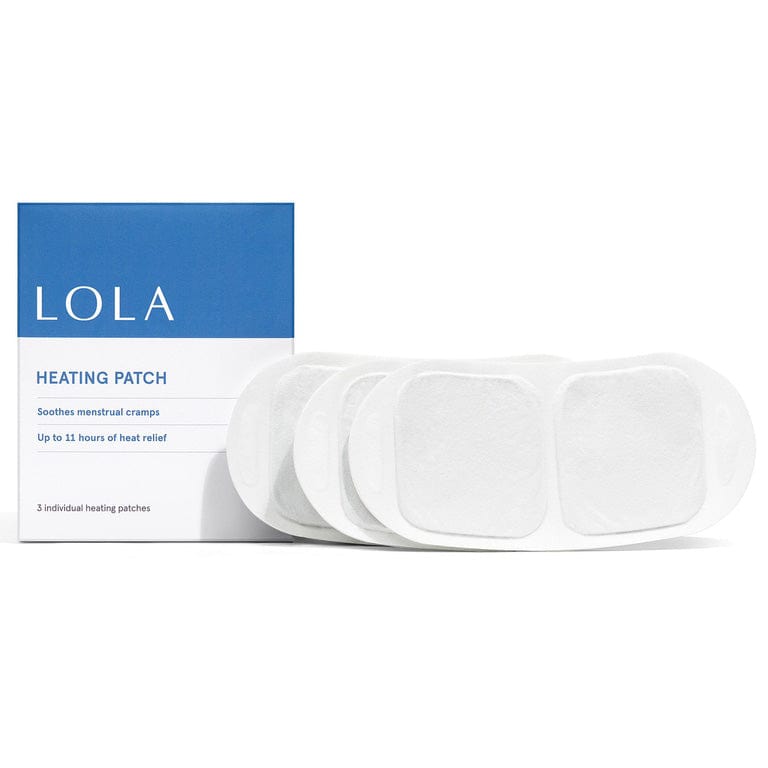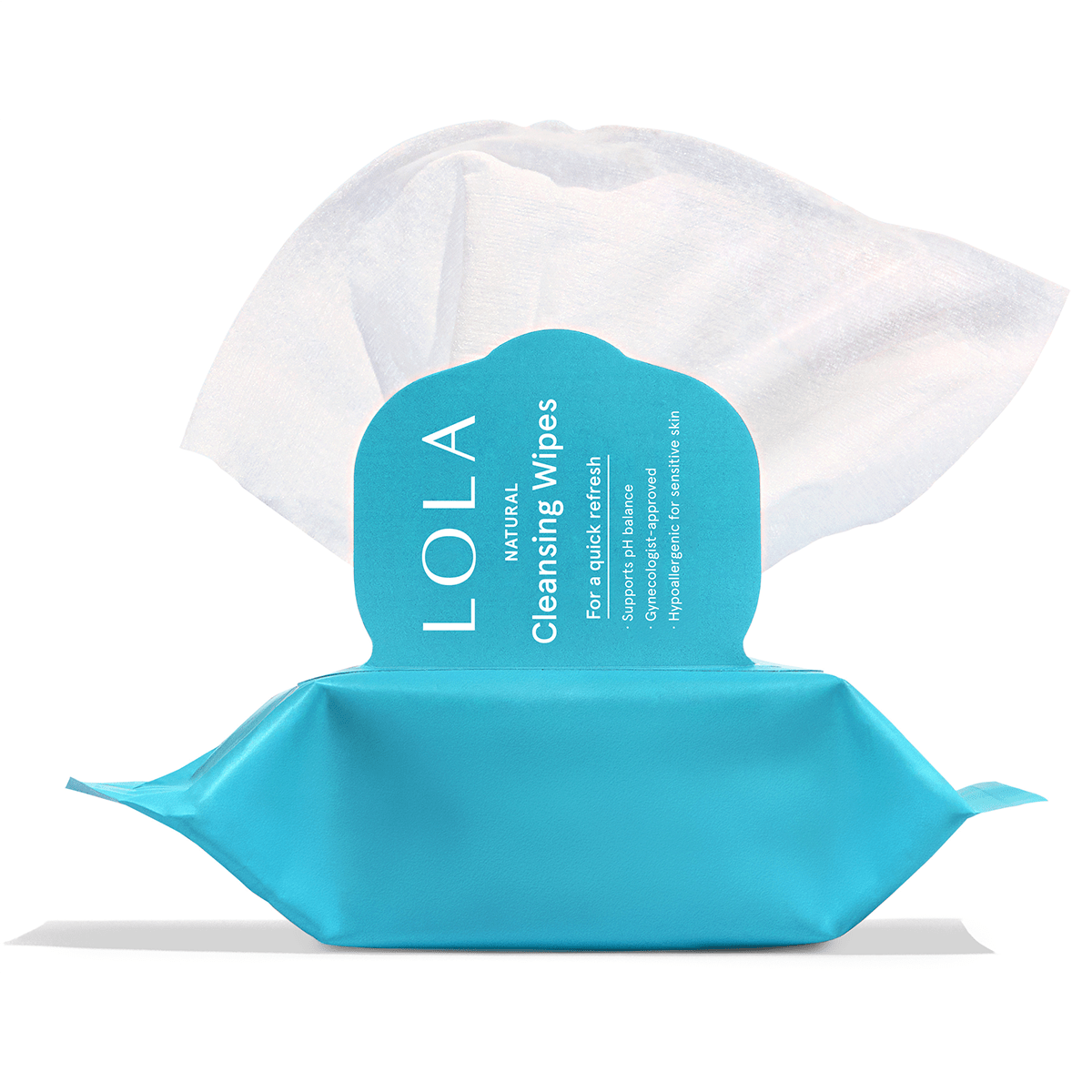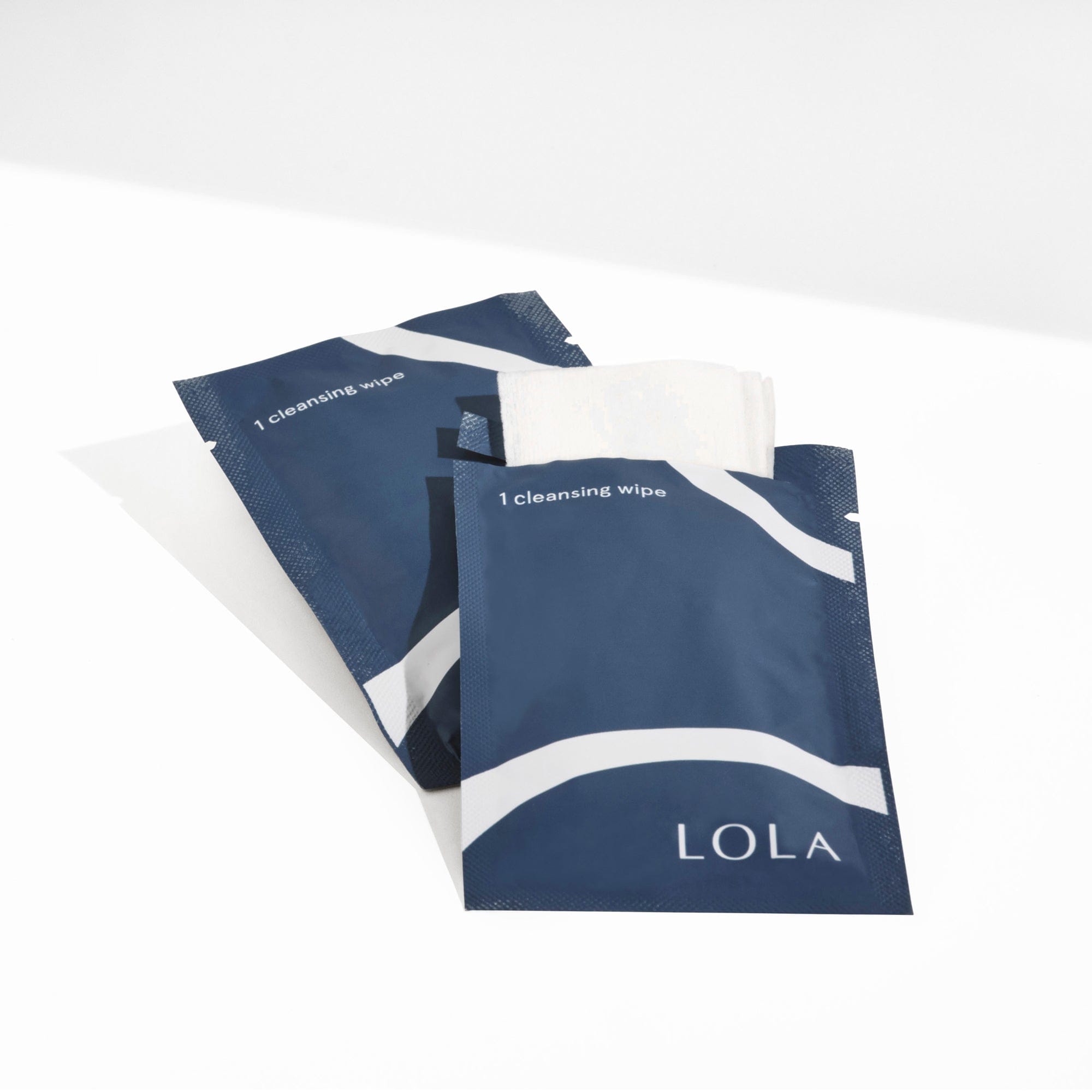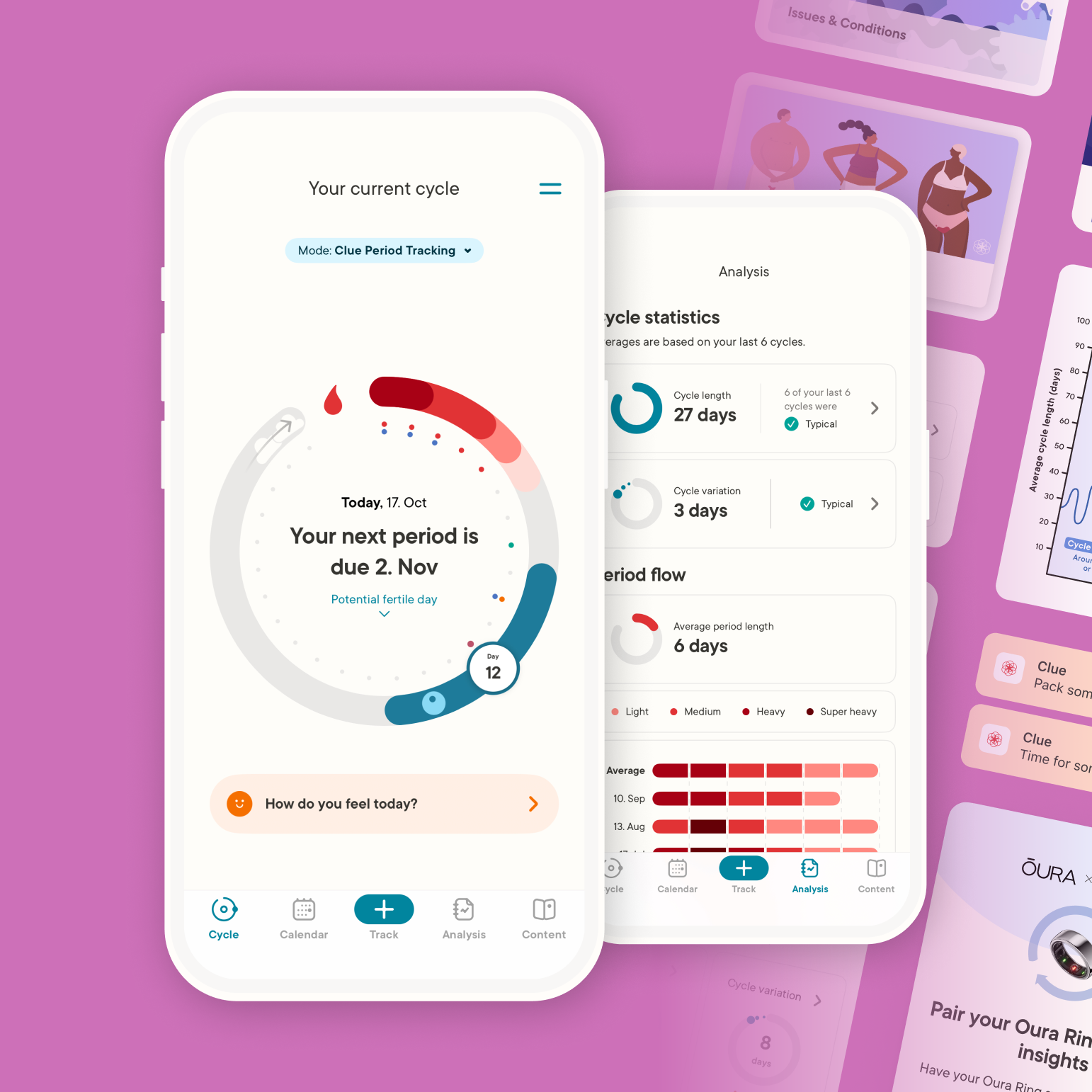A whopping two-thirds of menstruating women experience period pain. Though many women turn to medications to soothe menstrual cramps, lifestyle changes can help alleviate the discomfort in the first place. So, instead of popping another pill, try one of these simple, natural remedies for easing menstrual cramps. Your abdomen will thank you.
1. Eat healthy fats
I hate to be the bearer of bad news, but comfort foods, like donuts and chips, can make cramps worse. During your period, hormone-like substances called prostaglandins trigger uterine contractions and cause pain and inflammation. Fried, fatty foods contain omega-6 fatty acids, which promote the production of inflammatory prostaglandins, and therefore, increased discomfort.
Instead, opt for foods containing omega-3 fatty acids, such as salmon, avocados, olive oil, and flax seeds, which can decrease the production of inflammatory prostaglandins. Even easier, take a fish oil supplement. Several studies have found that fish oil, known for its high content of omega-3s, can help reduce pain during menstruation, especially when combined with B-vitamins, such as B-12 and B-1. One study found that taking 100mg of vitamin B-1 and 500 mg of fish oil per day reduced the duration and intensity of pain associated with period cramps.
2. Get moving
You may be prone to hibernating when your period comes, but exercising can help you feel better. Researchers have found that both stretching and aerobic exercise help to ease menstrual cramps. Exercise increases the production of endorphins ("feel-good hormones") and reduces levels of cortisol (the "stress hormone"). As a result, getting fit can improve your overall mood, reduce stress, and increase your tolerance of pain. So, do whatever form of exercise motivates you; yoga, Zumba, jumping on a pogo stick, just get moving.
3. Tea, please!
Herbal teas have been used for centuries to alleviate period pain, and recent studies have started to scientifically-prove their effectiveness. A great option is tea containing chasteberry, a popular European treatment for PMS symptoms. Try Yogi's Woman's Moon Cycle Tea, which contains chasteberry and other herbs traditionally used to ease menstrual cramps. (Just check with your doctor before taking medicinal herbs to make sure that they are not contraindicated with any of your medications or existing health conditions.)
Chamomile tea, known for its pain-relieving properties, can help with anything from soothing colds to period cramps. One study found that drinking chamomile tea increases the production of hippurate, a known anti-inflammatory. Chamomile is also used as an antispasmodic and sedative, so it can help relax both your muscles and your mind.
4. Get your vitamin D and calcium
Another way to limit prostaglandin production and inflammation is to make sure you're getting an adequate amount of Vitamin D and calcium. Researchers have found that women who took about 700 IU of vitamin D daily were 41% less likely to have PMS symptoms and those who consumed 1,200 mg of calcium daily had a 30% reduction in their chances of developing PMS. The impact of these nutrients is greatest when taken in the form of food. For calcium, aim for 3 servings of calcium-rich foods per day, such as dairy and dark leafy greens. Vitamin D is harder to get in food form (think fatty fish, dairy, and fortified foods), so unless you're basking in the sun all day, grab a supplement to up your intake.
5. Do a lifestyle check
Alcohol, smoking, stress, dehydration, obesity, inadequate sleep: these lifestyle "don'ts" are bad for your health, and, research shows, are likely to worsen your PMS symptoms, too. Easier periods are just an added motivation to take steps toward improving your lifestyle, whether it's drinking eight glasses of water a day or quitting smoking.
Shop our wonderful line of organic tampons and organic feminine pads.
